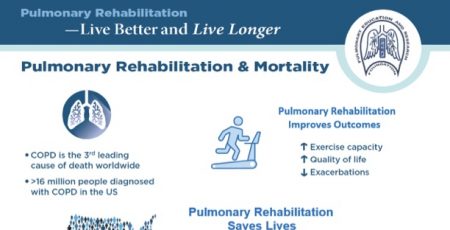26 Oct Snoring Could Be A Sign of Sleep Apnea
If you snore, you could have obstructive sleep apnea, and you should mention this to your doctor. Not everyone who snores has sleep apnea, but if your doctor recommends a sleep study, please take it seriously and follow through. Why? Because sleep apnea is not only unhealthy, it’s downright dangerous. In obstructive sleep apnea, breathing repeatedly stops and starts during sleep. This reduces the oxygen that your brain receives and increases levels of carbon dioxide over and over again. In addition, every time you have such an incident, your brain will sense the problem and wake you up enough to begin breathing again, disrupting your sleep and preventing you from achieving REM sleep, which is the restful stage of sleep that everyone needs to have every night. These moments of being roused out of sleep might be so slight and short that you don’t remember them in the morning, but they are bad for your health just the same.
Do you have these signs of sleep apnea?
- Excessive daytime sleepiness, which may cause you to fall asleep while you’re working, watching television or even driving a vehicle
- Snoring loudly enough to disturb your sleep or that of others
- Snoring interspersed with periods of silence
- Snoring is more pronounced when you sleep on your back than when you sleep on your side
- Observed episodes of breathing cessation during sleep
- Abrupt awakenings accompanied by gasping or choking
- Awakening with a dry mouth or a sore throat
- A morning headache
- Difficulty concentrating during the day
- Experiencing mood changes, such as depression or irritability
- High blood pressure
- Nighttime sweating
- Decreased libido
Why or how do people develop sleep apnea?
These factors can cause or exacerbate sleep apnea:
- Excess weight
- Narrowed airway
- High blood pressure (hypertension)
- Chronic nasal congestion
- Smoking
- Diabetes
- Gender; men are twice as likely as women to have sleep apnea
- Family history of sleep apnea
- Asthma
The serious effects of untreated sleep apnea
People with untreated obstructive sleep apnea have a greater risk of coronary artery disease, heart attack, heart failure, and stroke. For some reason, the risk of heart failure appears to be higher for men than for women.
Sleep apnea also increases the risk of abnormal heart rhythms (arrhythmias), which can lower blood oxygen levels. If there’s underlying heart disease, these repeated multiple episodes of low blood oxygen could lead to sudden death from a cardiac event.
What’s the treatment for sleep apnea?
Perhaps the most commonly prescribed treatment is the use of a CPAP (Continuous Positive Airway Pressure) machine at night. This device blows air into your nose and/or mouth to keep your airway open while you sleep. Another option is a mouthpiece to thrust your jaw forward during sleep and prevent tissues in the back of your mouth or throat from blocking your airway. In more severe cases, surgery may be recommended.
Information for this article was obtained from the Mayo Clinic.





Gerty Gift
Posted at 06:55h, 15 MarchI thought it was interesting that you can have a higher chance of heart attack, heart failure or even strokes. My husband was talking about how he thinks he is having a problem with sleep apnea. I think that knowing how serious it is will make us take it more seriously and see about treatment options.
Stefan Bradley
Posted at 10:57h, 08 AugustI didn’t know that sleep apnea can prevent you from achieving REM sleep since it can cause you to wake up frequently. My wife has been waking up in the middle at night and seems to be constantly gasping for air while she sleeps, I’m worried that she might not be getting very much rest. It might be a good idea to find a professional who can help treat my wife’s sleep apnea.
PERF
Posted at 14:34h, 10 AugustDear Stefan,
I am less concerned about the lack of REM sleep than I am of some other possible problems causing this gasping of air while she is sleeping. You are right, it would be a very good idea for your wife to be evaluated by a pulmonary physician. You should accompany her so that you can describe what you have observed.
In the meantime, you both should consider any possible problems noted while she is awake. Note the number of hours she probably sleeps, unusual sleepiness during the day especially while driving, headaches, trouble concentrating or balancing her checkbook, fatigue or anything else not typical before are all worth mentioning. This may be nothing serious. She is so fortunate to have a caring husband that wants to make sure.
With best wishes,
Mary Burns, RN, BS